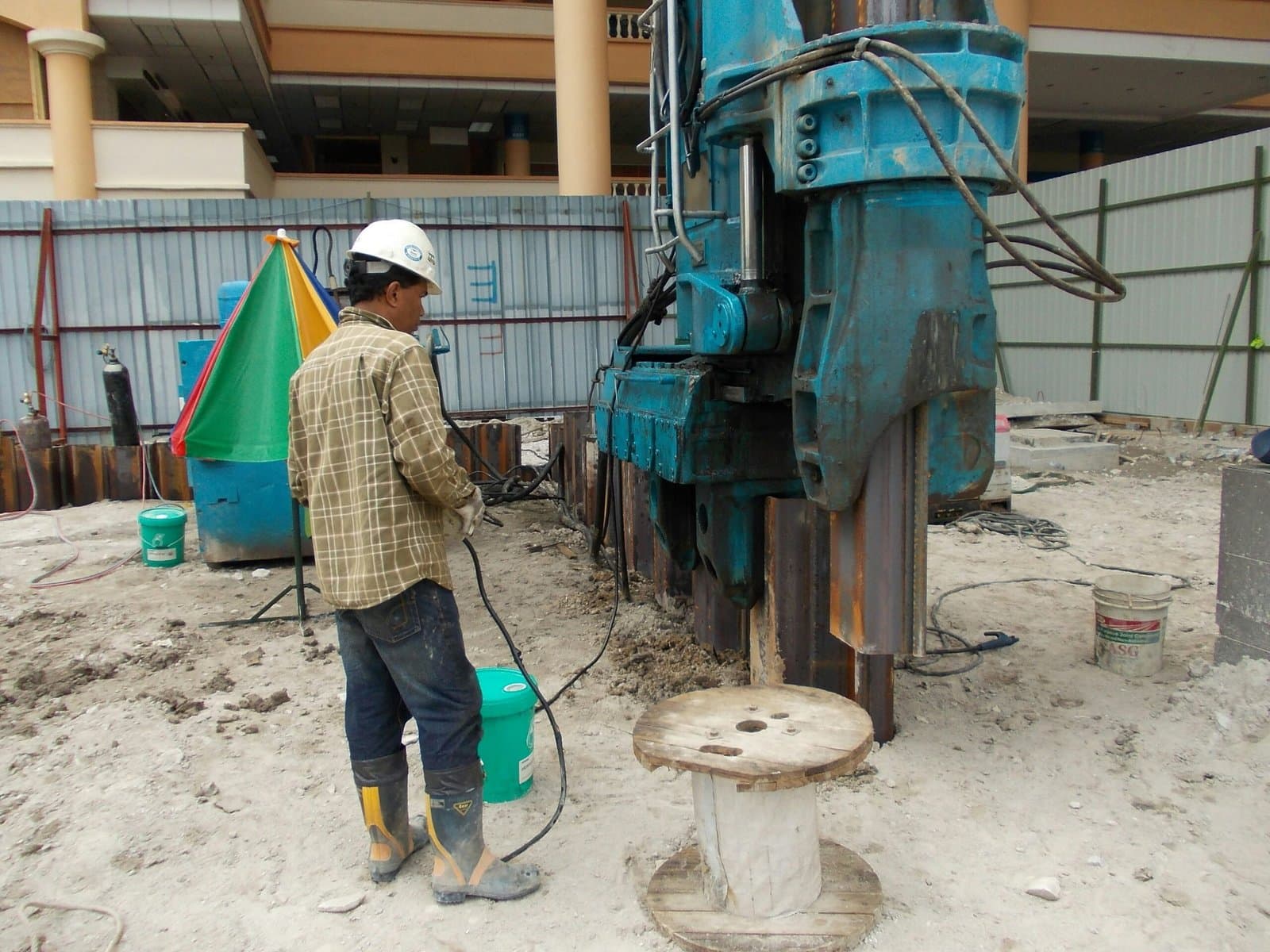Facility Liquidation and Auctions: A Guide for Business Owners

When businesses undergo restructuring, downsizing, or relocation, facility auctions and liquidations offer an efficient way to sell assets and recover value. Whether you’re closing a facility, upgrading equipment, or shifting operations, understanding how facility liquidation and auctions work can help you maximize returns while streamlining the transition.
This blog will explore the fundamentals of voluntary facility auctions and liquidations, the different types of auctions, legal considerations, and key strategies for a successful process.
1. What Are Facility Auctions and Liquidations?
Facility liquidation is the process of selling assets, such as equipment, furniture, and inventory, when a business no longer needs them. Facility auctions are a structured way to sell these assets to the highest bidder, ensuring fair market value and an efficient transaction process.
Businesses choose voluntary liquidation and auction for several reasons:
- Downsizing or restructuring to optimize costs.
- Facility relocation that requires selling existing equipment.
- Upgrading machinery and technology while liquidating outdated assets.
- Maximizing value from surplus inventory or underutilized resources.
Unlike forced liquidations due to bankruptcy, voluntary liquidations are planned, allowing business owners and facility managers to control the timeline and maximize asset recovery.
2. Types of Facility Auctions
Facility assets can be sold through different types of auctions, each with its advantages:
A. Live Auctions
- Conducted in-person with a real-time bidding process.
- Ideal for high-value industrial equipment, machinery, or bulk inventory.
- Auctioneer-led to drive competitive bidding and maximize value.
B. Online Auctions
- Assets are listed on digital auction platforms for a set period.
- Attracts a broader audience, including buyers from different regions.
- Convenient for sellers and buyers, with detailed descriptions and bidding tools.
C. Sealed-Bid Auctions
- Buyers submit confidential bids, and the highest bidder wins.
- Useful for specialized equipment or facilities with niche market demand.
- Provides sellers with discretion and control over the sale process.
Each auction type offers unique benefits depending on the nature of the assets and the seller’s priorities.
3. Legal and Regulatory Considerations
Before liquidating assets, businesses must ensure compliance with applicable laws and regulations:
- Asset Ownership Verification – Confirm clear ownership of assets to avoid disputes.
- Environmental Compliance – Ensure hazardous materials or waste are disposed of properly.
- Tax Implications – Understand potential capital gains, depreciation recapture, and sales tax obligations.
- Contractual Agreements – Review leases, loans, or warranties that may impact asset sales.
Failure to comply with legal requirements can delay the process or lead to financial penalties.
4. Valuing Assets for Liquidation
Accurate valuation is crucial for setting realistic expectations and attracting serious buyers. Methods for valuing assets include:
- Fair Market Value (FMV) – The estimated price an asset would sell for in an open market.
- Orderly Liquidation Value (OLV) – The expected price if sold within a reasonable timeframe under normal conditions.
- Forced Liquidation Value (FLV) – The lowest expected price in a rapid sale scenario.
Professional appraisers and auction specialists can provide detailed valuations to ensure competitive pricing.
5. Best Practices for a Successful Facility Liquidation
To maximize returns and ensure a smooth auction process, follow these best practices:
✅ Plan Ahead – Establish a timeline and strategy for liquidation.
✅ Organize Inventory – Categorize assets, document conditions, and take high-quality photos for listings.
✅ Market Effectively – Leverage online platforms, industry networks, and professional auctioneers to attract buyers.
✅ Set Realistic Expectations – Understand market demand and pricing trends.
✅ Work with Professionals – Engage auctioneers, appraisers, and legal experts for a seamless process.
Get Expert Assistance for Your Facility Liquidation
Understanding the facility auction and liquidation process is essential for business owners and facility managers looking to optimize asset recovery. By planning ahead, choosing the right auction type, and ensuring legal compliance, businesses can successfully transition without financial setbacks.
Need help managing your facility liquidation or auction? Contact APS Industrial Services today to ensure a smooth and profitable process!
Newsletter
Don't miss a thing!
Sign up to receive daily news
Recent Posts

august 30, 2025
Decommissioning a Facility: How to Turn It into a Profitable Venture

august 25, 2025
Hydraulic Press Maintenance 101

august 18, 2025
Rigging Machinery: The Challenge of Moving and Installing Outdated vs. Modern Equipment

august 16, 2025
Conveyor System Maintenance: 5 Early Warning Signs of Failure

august 14, 2025
Predictive Maintenance: The Smarter Alternative to Costly Reactive Repairs

august 11, 2025